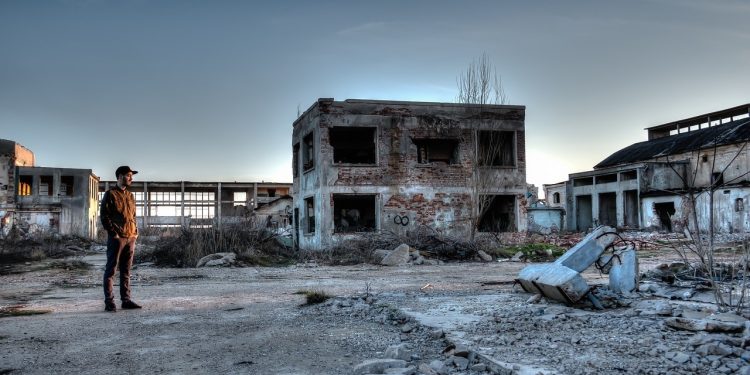Bangladesh’s industrial sector has long been a cornerstone of its economy, but it has also faced repeated safety challenges. The recent fire at the Gazi Auto Tyre factory near Dhaka is a tragic reminder of the human cost of inadequate safety measures in workplaces. This catastrophe has raised concerns about the industrial safety standards and the well-being of workers in Bangladesh.
1. The Incident: A Tragic Fire
The fire at the Gazi Auto Tyre factory unfolded in the industrial hub near Dhaka, resulting in loss of life and injuries.
- Casualties: The blaze claimed multiple lives and left many workers injured, with families mourning their loved ones.
- Destruction: The factory was severely damaged, and the livelihoods of workers were jeopardized.
- Rescue Challenges: Firefighters and rescue teams faced difficulties due to inadequate access and a lack of safety equipment.
2. Safety Concerns in Bangladesh’s Factories
The tragedy reflects broader issues in industrial safety:
- Poor Safety Standards: Many factories lack fire safety measures, including fire exits, extinguishers, and alarms.
- Overcrowding: Overcrowded facilities often make evacuation difficult during emergencies.
- Neglected Regulations: Despite existing labor laws, enforcement remains weak, leaving workers vulnerable.
3. The Impact on Workers and Families
The human cost of this tragedy is immeasurable:
- Loss of Breadwinners: Many victims were the sole earners for their families, leaving dependents in financial crisis.
- Psychological Trauma: Survivors and families are left dealing with grief and trauma from the disaster.
- Economic Strain: The affected community faces economic challenges as livelihoods are disrupted.
4. Calls for Action and Accountability
The incident has sparked demands for change:
- Stricter Enforcement: Authorities must ensure that factories adhere to safety regulations.
- Worker Rights: Labor unions and activists are calling for better protections and benefits for workers.
- Compensation: Victims’ families and survivors demand fair compensation for their losses and hardships.
5. Preventing Future Tragedies
The Gazi Auto Tyre factory fire underscores the need for systemic changes:
- Improved Infrastructure: Factories should invest in fire-resistant materials, accessible exits, and safety equipment.
- Regular Inspections: Authorities must conduct frequent safety audits and hold violators accountable.
- Worker Training: Regular safety drills and training can equip workers to respond effectively in emergencies.
Conclusion
The fire at the Gazi Auto Tyre factory is a somber reminder of the importance of workplace safety in Bangladesh’s industrial sector. As the nation mourns this tragedy, it is imperative for all stakeholders—governments, factory owners, and workers—to collaborate in ensuring a safer future. Only through meaningful reforms can such devastating incidents be prevented, protecting the lives and livelihoods of Bangladesh’s hardworking industrial workforce.




